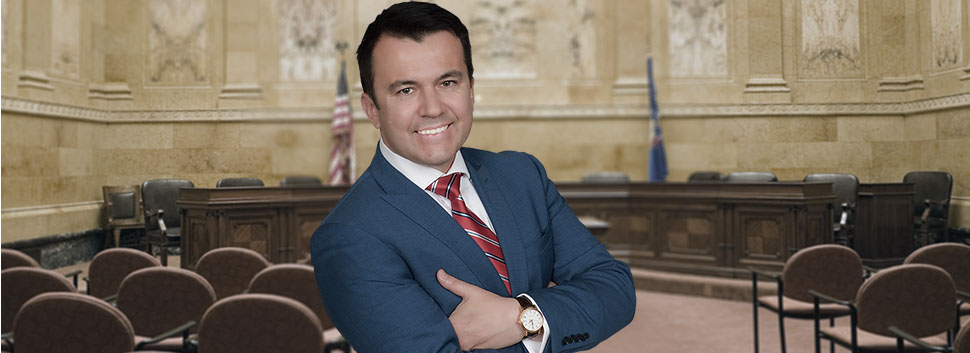IP Clearance for Western Movies: Navigating Trademarks, Copyrights, and Product Placement
I’m a big fan of Western movies, and today we’re going to talk about something crucial in filmmaking—intellectual property (IP) clearance. Whether you're making a traditional cowboy film or a modern Western, understanding copyright and trademark issues is...
Continue reading















